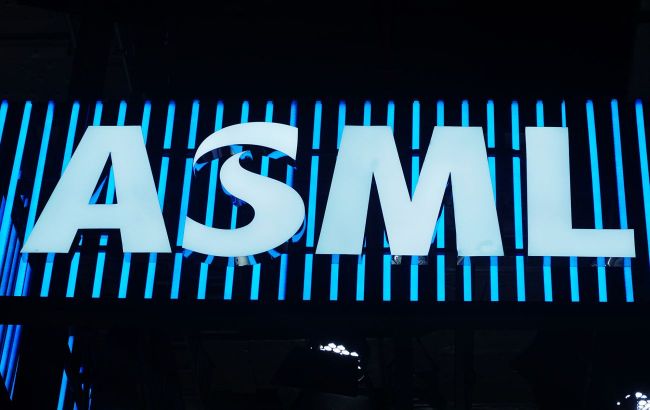US presses Netherlands again over cooperation with China - Reuters
 The US is again pressing the Netherlands over cooperation with China (photo: Getty Images)
The US is again pressing the Netherlands over cooperation with China (photo: Getty Images)
The Biden administration plans to pressure the Netherlands to ban its ASML company from servicing some tools in China, according to Reuters.
Alan Estevez, the head of US export policy, plans to meet with officials from the Dutch government and ASML Holding NV next Monday.
The Dutch Ministry of Foreign Affairs confirmed the upcoming meeting but did not specify the agenda.
"The Netherlands always has good discussions with our partners. The meeting of officials on Monday is one example of that," the Ministry told Reuters.
Reuters notes that this meeting is aimed at convincing allies to join US efforts to further curb China's ability to produce advanced chips.
China is trying to produce chips
"Last year, sanctioned Chinese telecoms giant Huawei shocked the world with a new phone powered by a sophisticated chip," Reuters writes.
The Huawei Mate 60 Pro was seen as a symbol of China's technological resurgence, despite Washington's prolonged efforts to undermine its capabilities in producing advanced semiconductors.
China's leader, Xi Jinping, complained to Biden this week about US attempts to block shipments of American chips to the country. According to Xi, this hinders China's development.
Netherlands have partially hindered China's development
The Dutch government has begun restricting the use of certain deep ultraviolet equipment for Chinese clients and partially revoked one license, affecting a small number of clients in China.
However, the Dutch restrictions did not reach the level of US rules that prohibited American firms from servicing equipment at advanced Chinese plants.
Esteves publicly stated that the US is asking allies to prevent local companies from servicing certain tools for chip production for Chinese clients.
Not first time the US has pressured the Netherlands
In January, Bloomberg reported that the Dutch technology company ASML canceled the supply of its devices to China at the request of the administration of US President Joe Biden.
At that time, the Dutch manufacturer had licenses to supply three of the most advanced deep ultraviolet lithography machines to Chinese companies.

